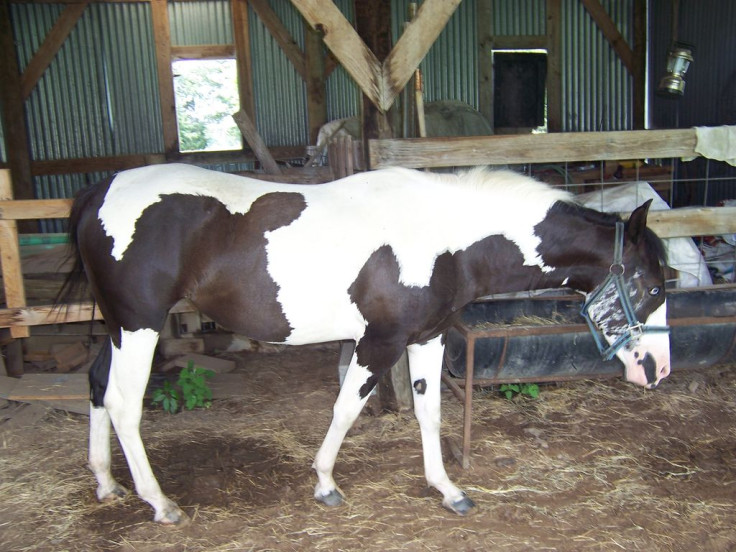Top Five Meat Scandals Of The 21st Century

Despite strict food and health regulations in the U.S. and across the globe, meat crimes are committed with more frequency over time due to inflation.
The meatpacking industry is still a "jungle" and it is up to the Upton Sinclairs of modern day to uncover the mysteries that lie behind the closed doors of these crime-ridden meat plants.
In light of the recent rat meat ring bust in China, below are the top five most horrific, mouth-dropping, and gut-wrenching meat crimes of the 21st century:
5. Mercury-tainted dolphin meat instead of whale meat.
In Japan, dolphin and porpoise meat were illegally sold and passed off as whale meat. These foods were high in mercury and easily exceeded safety levels. The Environmental Investigation Agency (EIA), responsible for uncovering environmental abuse, did four surveys of cetacean products sold in Japan where nine out of 24 samples were said to contain dolphin or porpoise instead of whale meat. The mercury levels in whales and dolphins are 900 times above the safety limit, found researchers from the University of Hokkaido.
4. Halal butcheries sold beef for lamb.
The Glasgow City Council's environmental services made the shocking discovery of halal butchers selling cheap chops of beef instead of lamb. Robert Booth, director of land and environmental services, found that out of the city's 38 butcheries, only 21 documented their invoices for deliveries, with 19 being for beef. One claimed to sell curry meat when in reality they sold beef.
3. Cat meat as mutton.
In China, Shanghai's Small Animal Protection Association (SSAPA) gathered 13 kebab samples out of which three tested positive for cat meat. The cat was out of the bag in this situation. Slaughterhouses for cats are incognito throughout the country where they are killed for their meat. The association has reported the incident to the Public Health Bureau but were not helped because no relevant regulations existed, stated Li Ruohai, director of SSAPA.
2. Donkey meat.
A study by Stellenbosch University found traces of donkey meat in South African burgers. Plant matter was also found in minced meat, burgers, sausages, deli, and dried meat by researchers. The mislabeling of processed meats is commonplace in South Africa and can have economic, religious, ethical, and health implications, believes Louw Hoffman, professor of animal science. 68 percent of 139 meat samples in butcheries were found to have irregular ingredients that would substitute pork or chicken.
1. Horsemeat falsely labeled as beef.
In the United Kingdom, Sweden, France, and Ireland, officials have discovered the new fake meat on the market - horsemeat. Products from Swedish frozen food brand Findus were French beef, not the Romanian horsemeat they claimed it was. Lasagna and other processed beef products have been pulled of the market. The UK Food standards Agency (FSA) claims that it is either "gross negligence or deliberate contamination of the food chain." In a test done by the Food Safety Authority of Ireland (FSAI), 29 percent of a burger by Tesco, the UK's largest retailer, contained horse DNA.



























